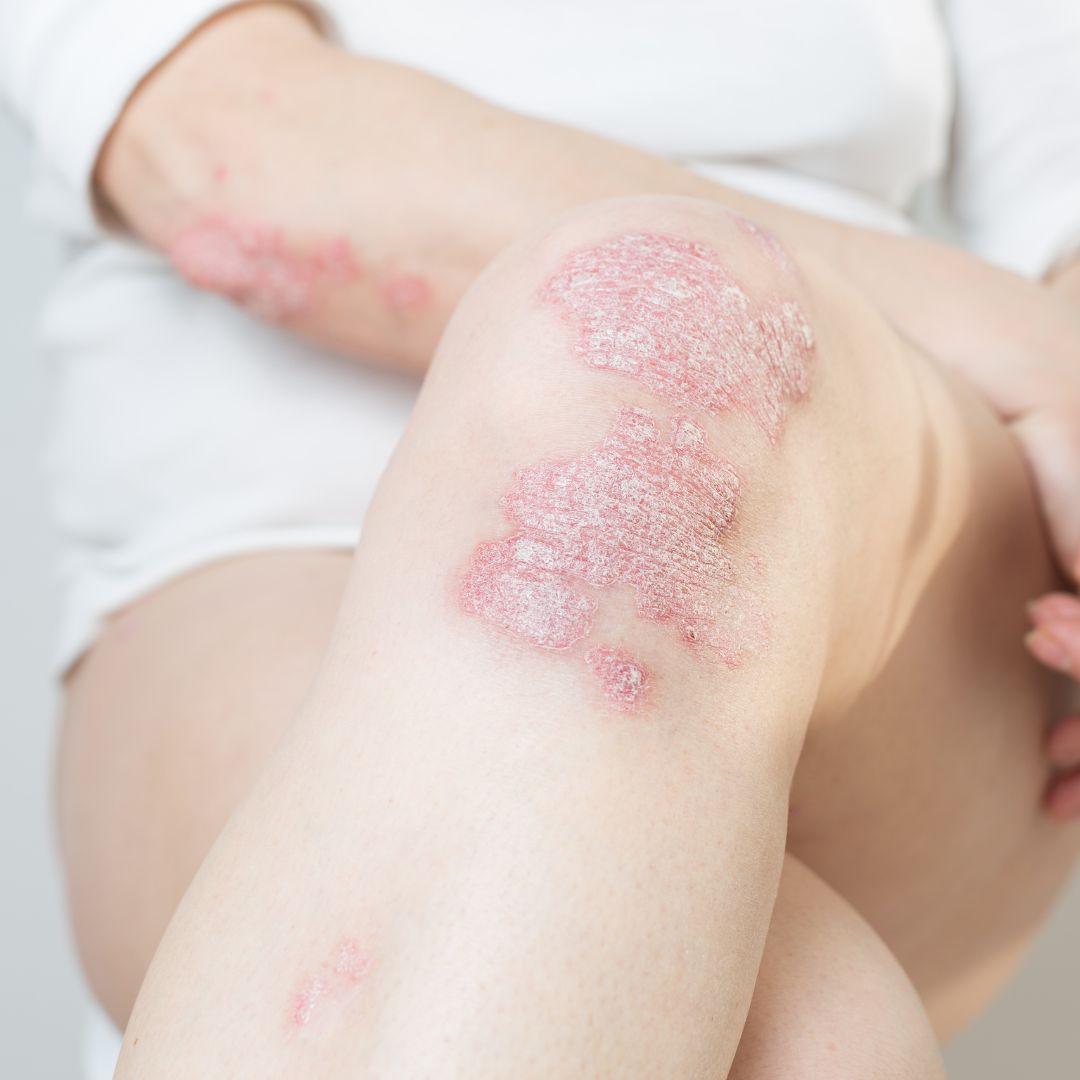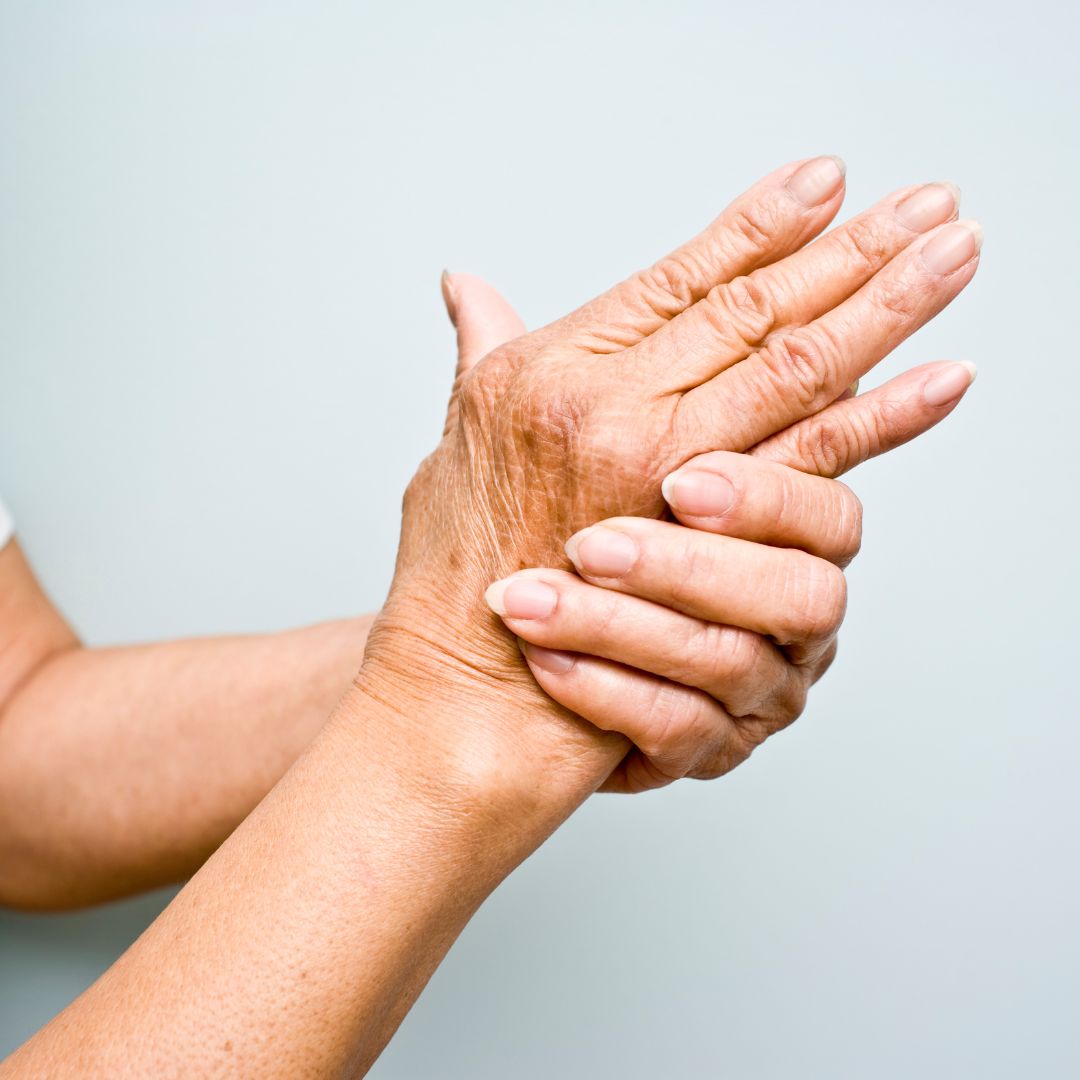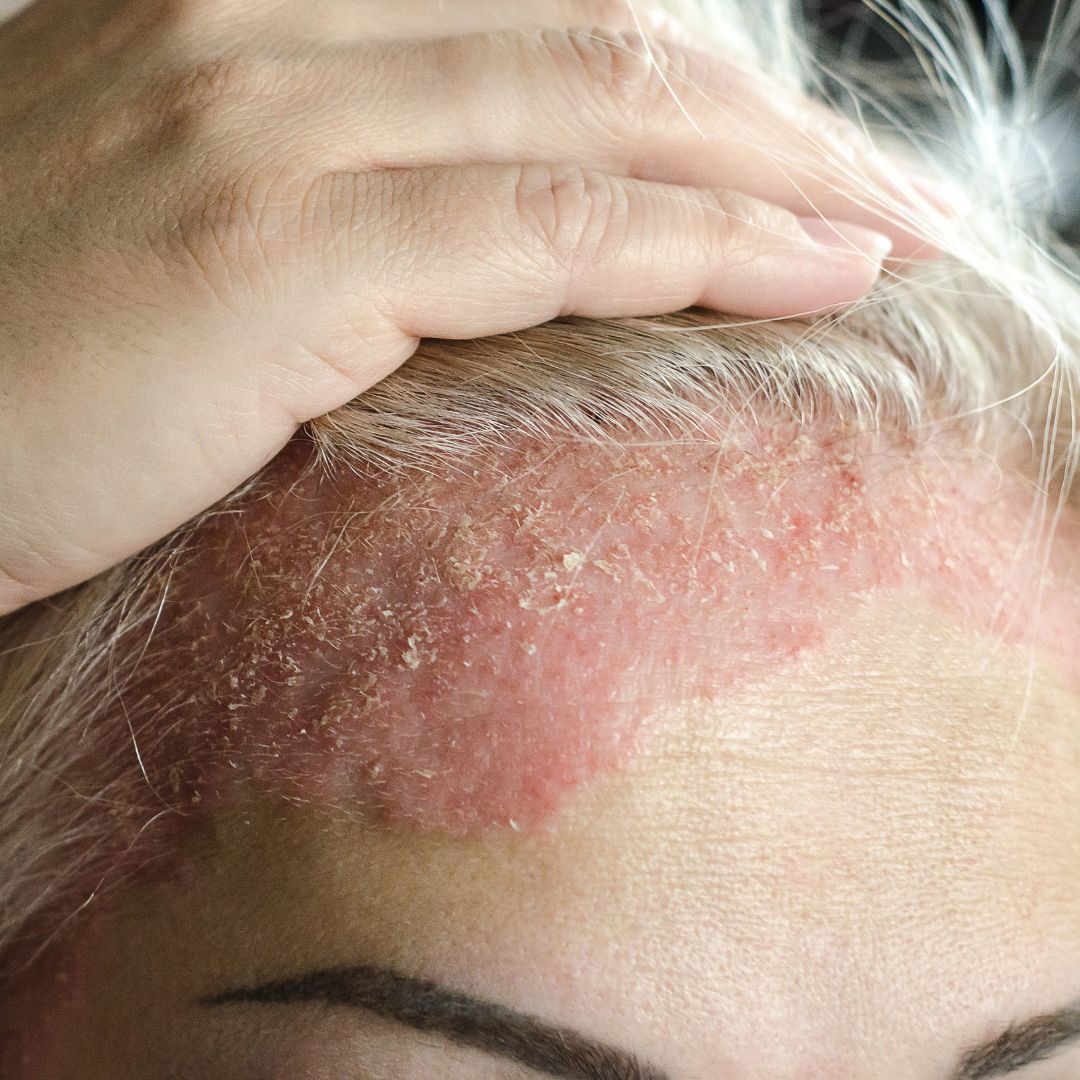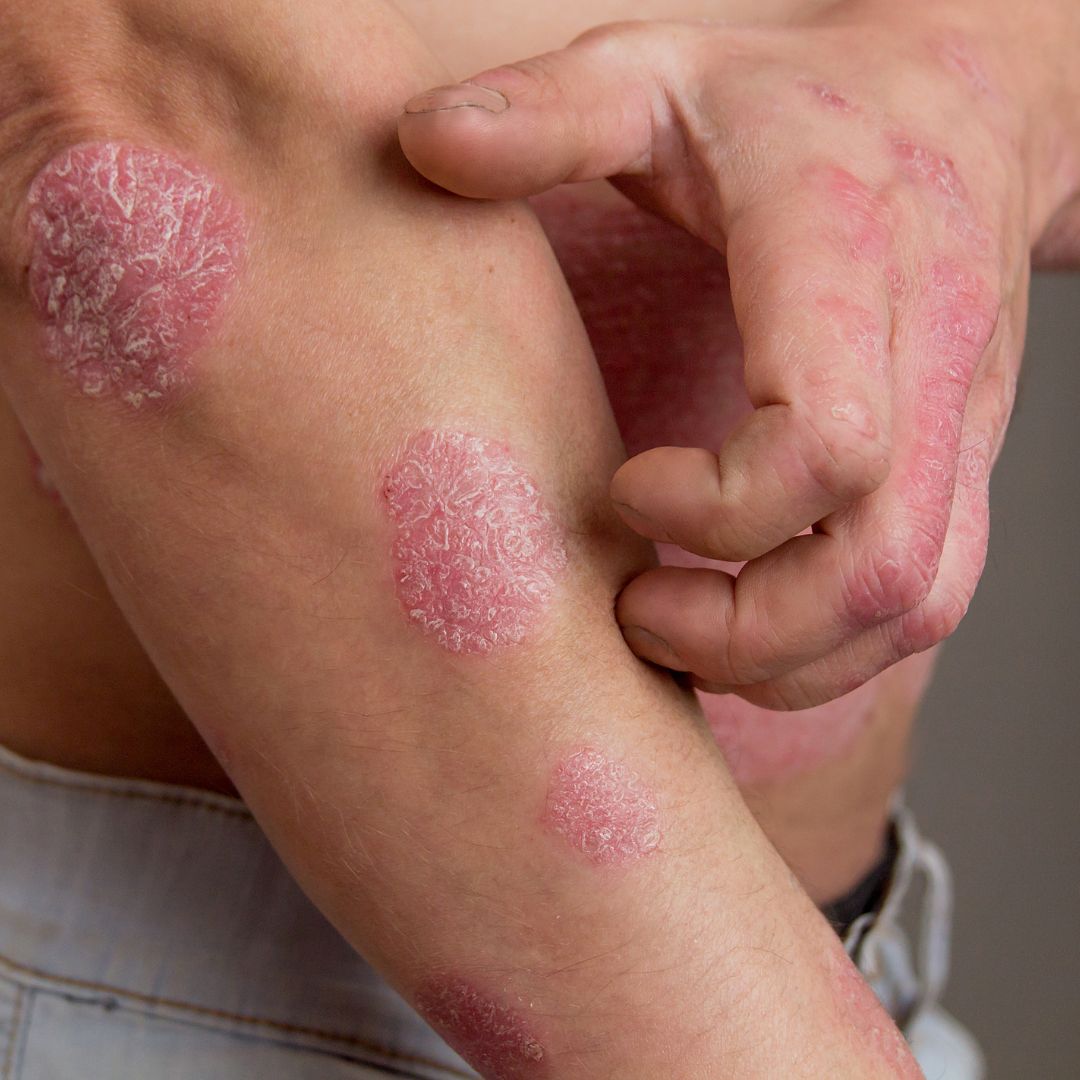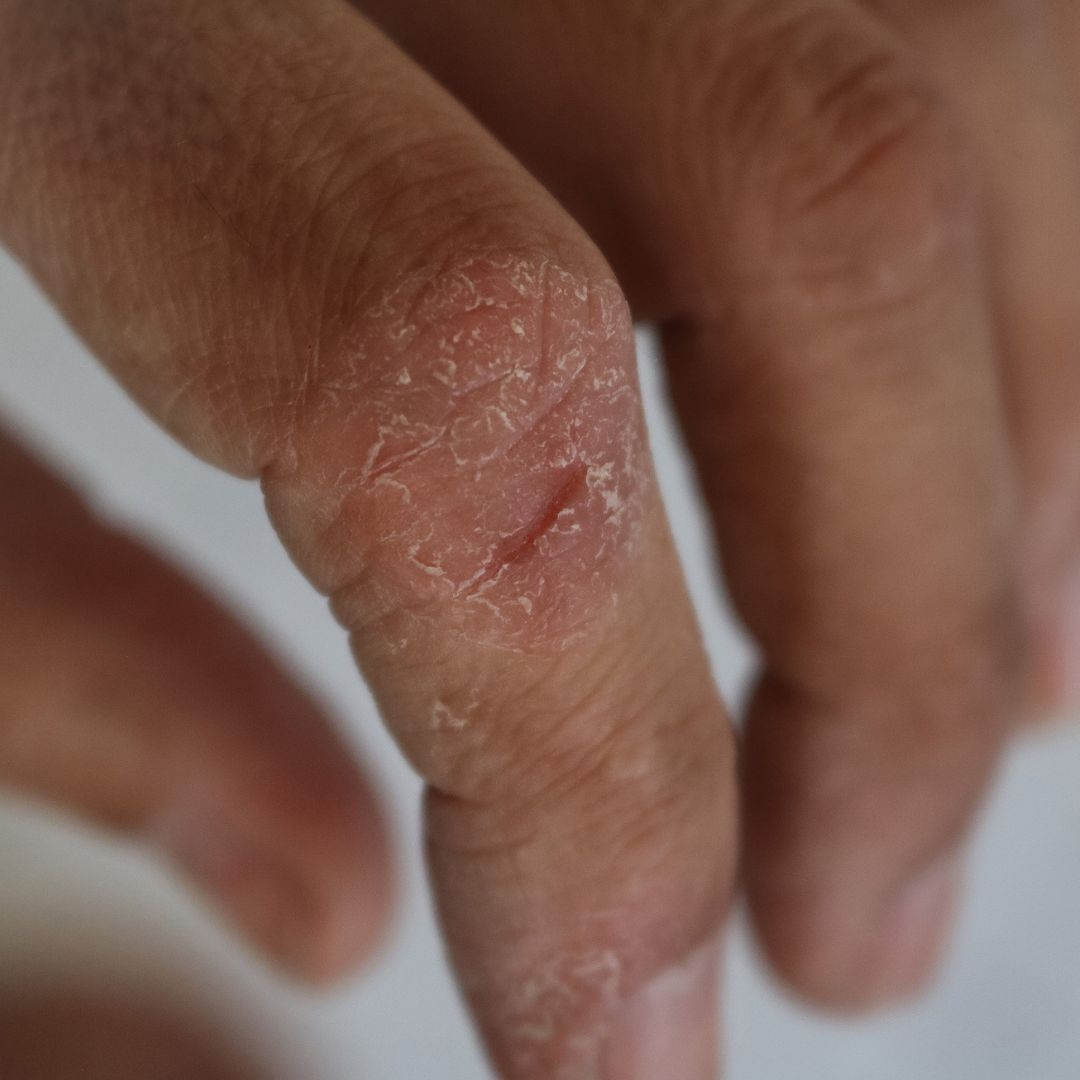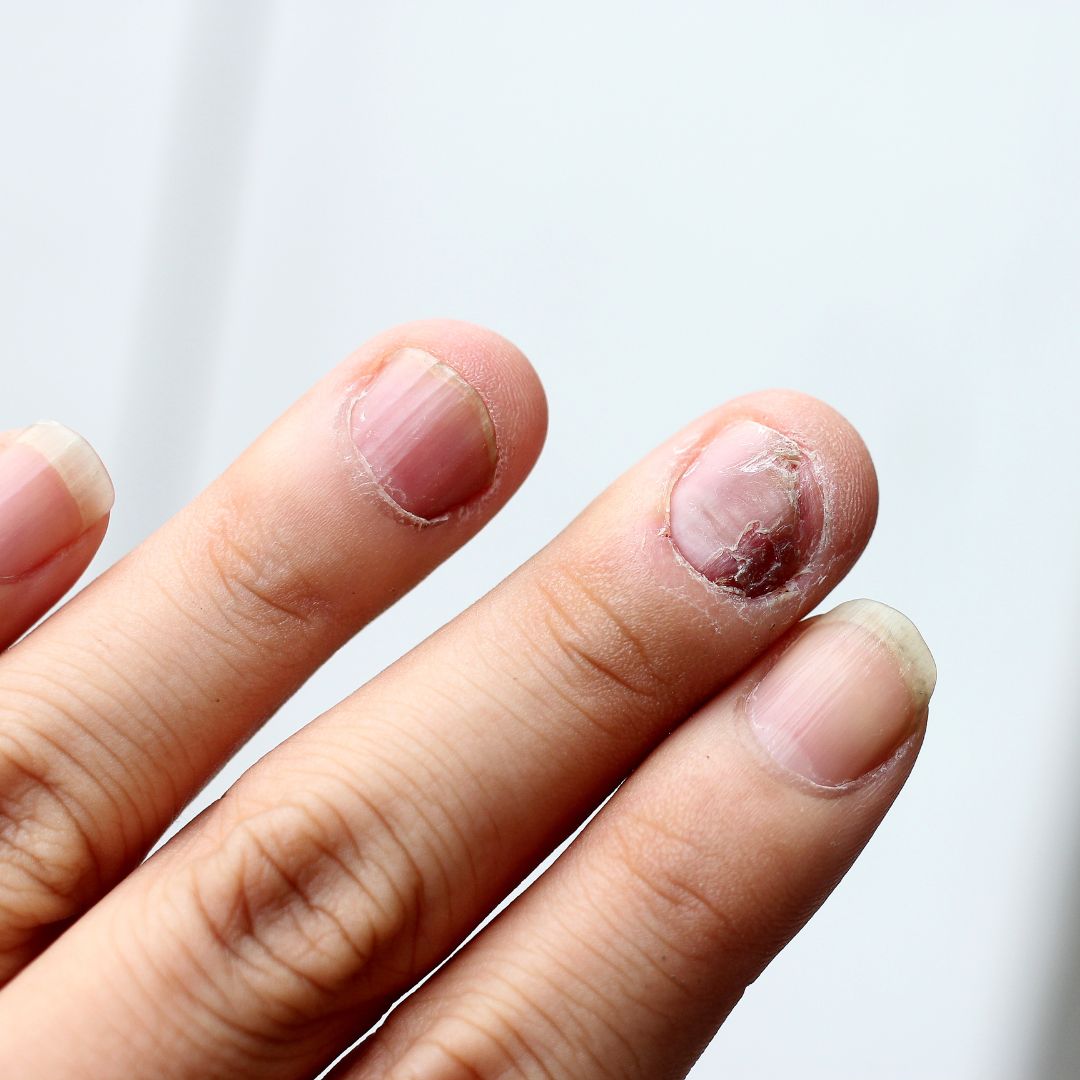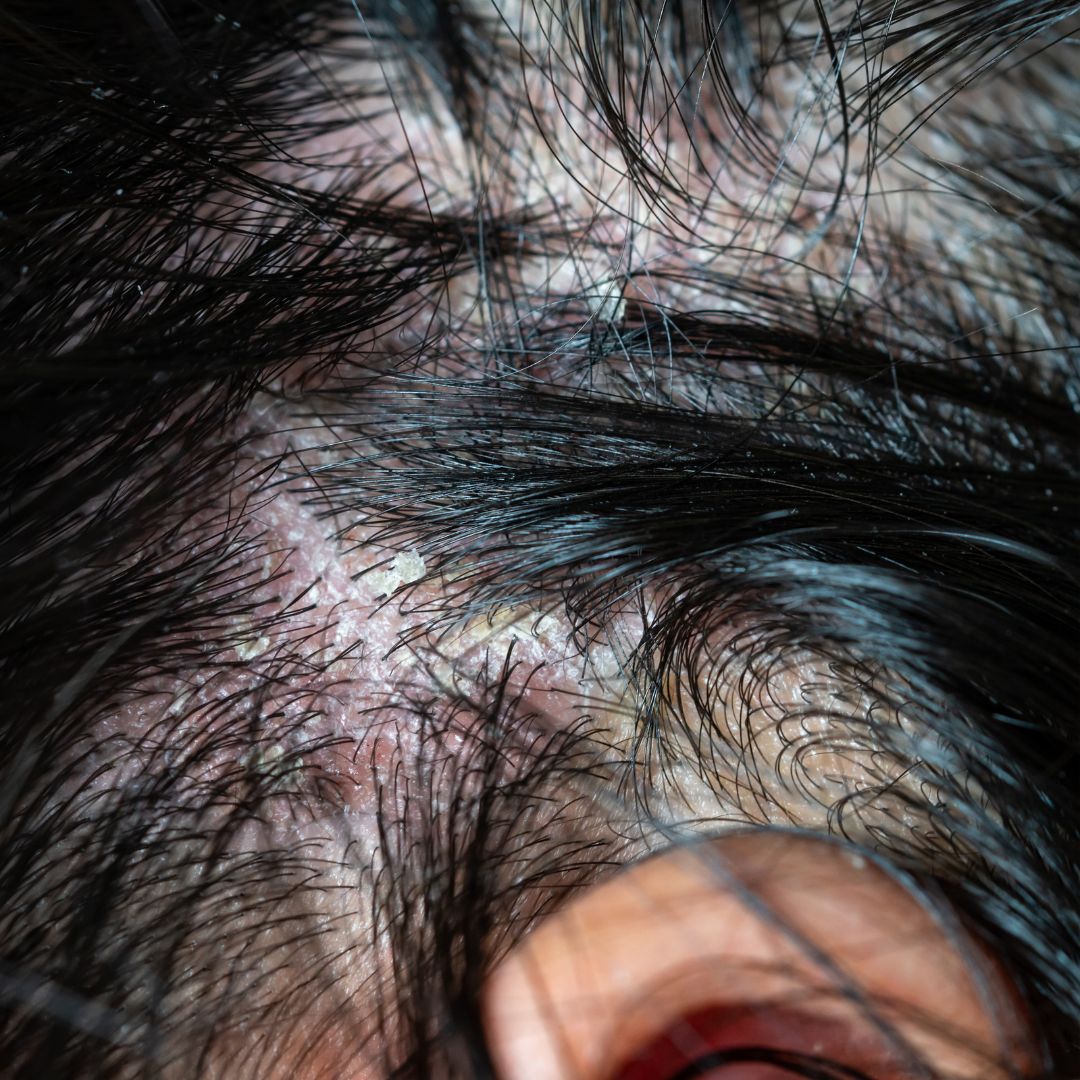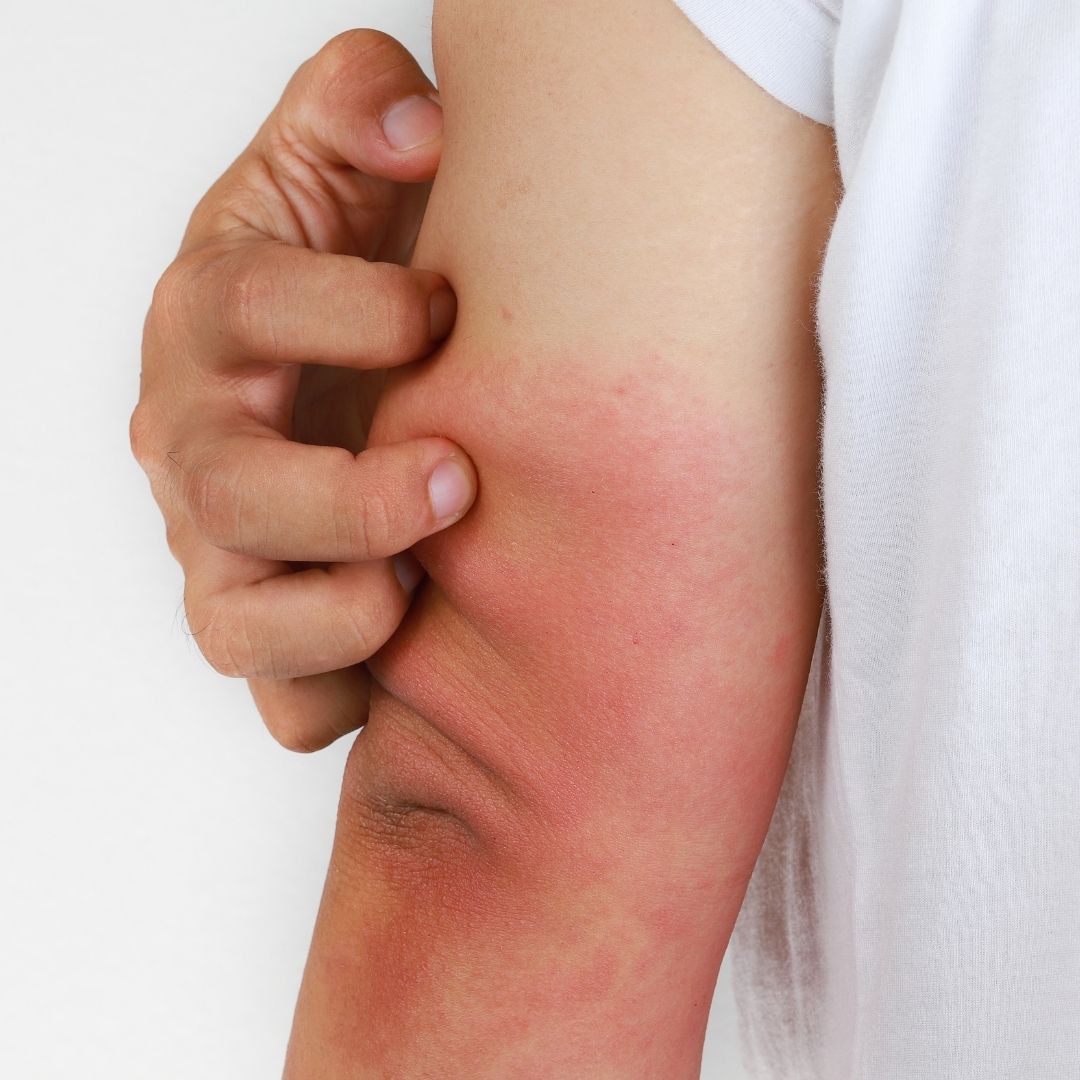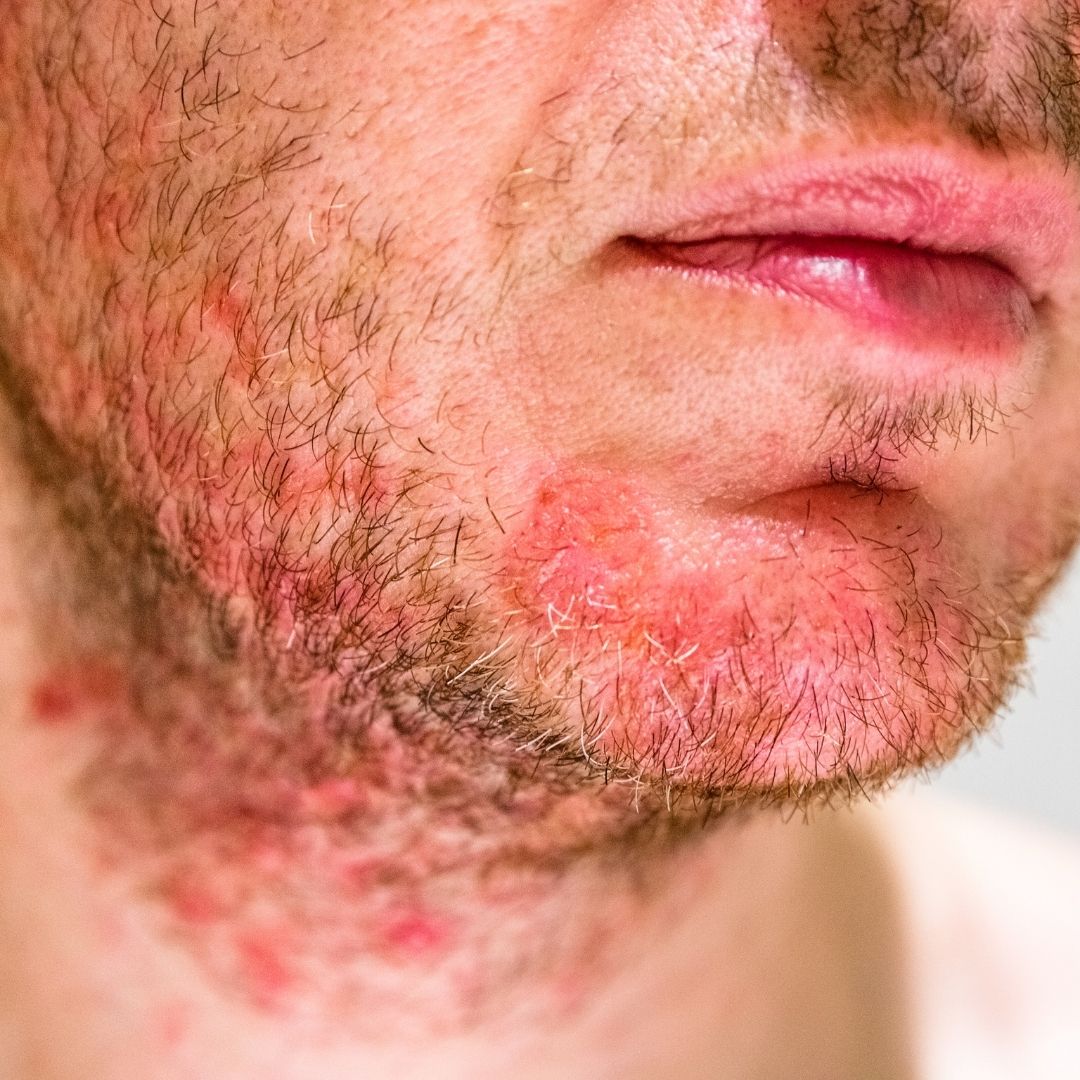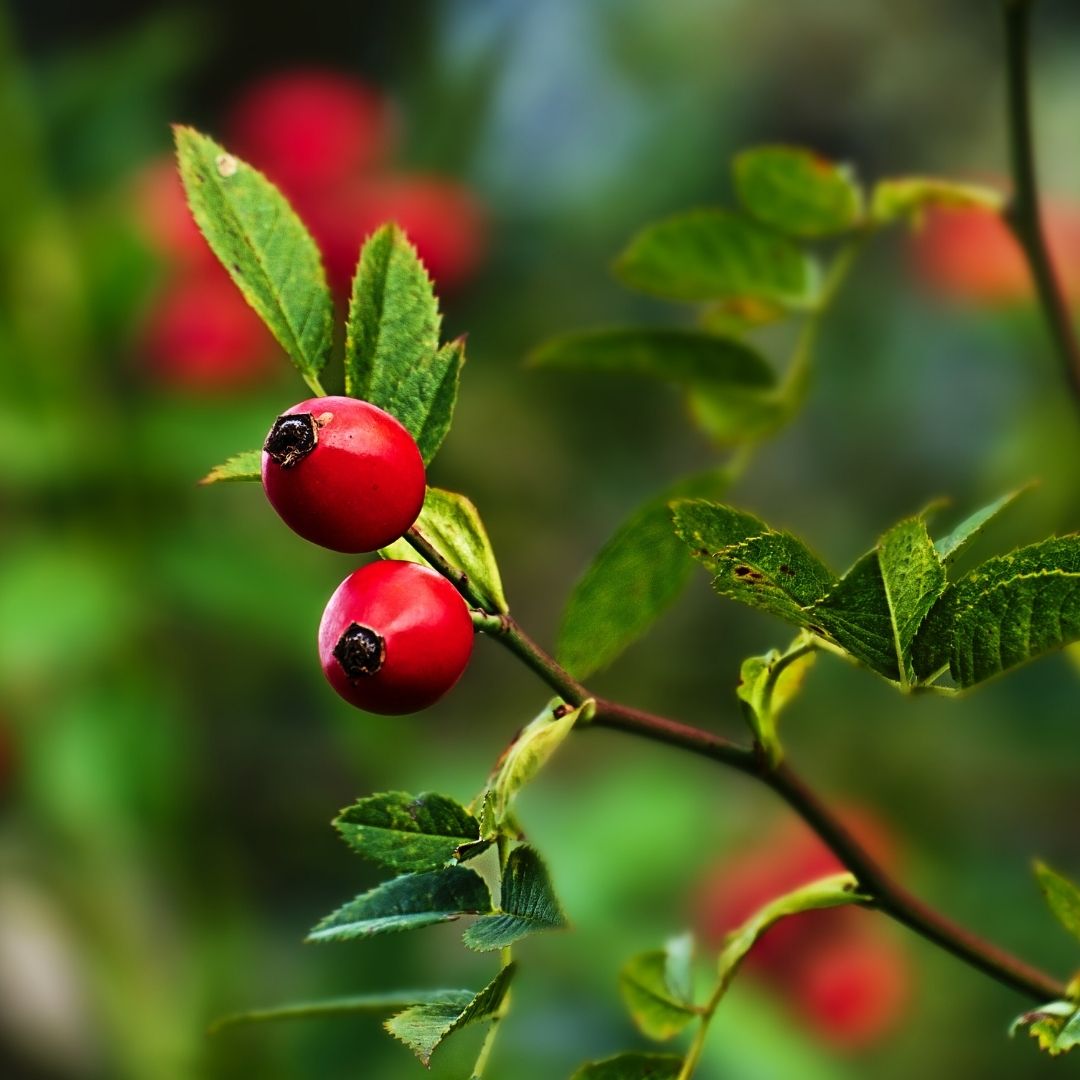Unraveling the Mystery: Plaque Psoriasis and its Autoimmune Connection
Discover the connection between plaque psoriasis and the immune system in this informative article. Learn about the causes, symptoms, and treatment options for this chronic skin condition.
Learn moreThe Link Between Psoriasis and Arthritis: Exploring Psoriatic Arthritis
Psoriatic arthritis is a condition that affects individuals with psoriasis. Discover the link between these two conditions and learn about the symptoms, causes, and treatment options in this informative guide.
Learn moreScalp Psoriasis: Home Remedies and Tips for Relief
Scalp psoriasis is a chronic autoimmune skin condition that affects the scalp. It occurs when the immune system mistakenly attacks healthy skin cells, leading to an accelerated growth of skin cells. This excess build up is what results in thick, silvery-white scales and red patches on the skin and scalp.
Learn moreUnderstanding Psoriasis: Symptoms, Triggers, and Treatment
Living with psoriasis can be a struggle for many people - especially before finding a diagnosis. Many times, people assume that the dry and patchy skin is a result of dry skin or eczema. They apply moisturizer, see no result, and feel frustrated as it begins to appear in more areas on the body. So, if there isn’t a psoriasis eczema rash, what exactly is psoriasis?
Learn moreTop 10 Homeopathic Ingredients for Psoriasis
By Dr. Peter Klapper Ph.D. Psoriasis is a disease that causes itchy, flaking rashes on the body. Commonly found on the scalp, knees, trunk, and elbows, the rashes result from the body’s immune system overreacting and attacking healthy cells. The root causes of psoriasis are unclear, but common triggers include certain medications, cuts, and infections. To understand more about triggers and symptoms, read Understanding Psoriasis: Symptoms, Triggers, and Treatment. Having psoriasis can make it difficult for you to do daily tasks. However, there are periods when the symptoms subside for a while. The disease is rarely severe and not contagious, although no known cures exist. Still, there are ways to alleviate the symptoms of psoriasis via treatments in homeopathy. For personal experiences with homeopathic remedies, consider reading Living with Plaque Psoriasis. 10 Homeopathic Treatments for Psoriasis Here are some homeopathy treatments for psoriasis and how they can help manage its symptoms.1. Hydrocotyle asiaticaCommonly known as pennywort, you can find this perennial plant in wetlands or marshes. It’s native to India, China, Indonesia, Eastern Europe, and South Africa. Many people, especially in Northeast India, have used the plant for centuries as an ingredient in food, drinks, and medicines. Hydrocotyle asiatica stimulates the production of collagen, which keeps the skin healthy and hastens the healing of wounds caused by psoriasis.2. Natrum muriaticumAlso called sodium chloride or table salt, you can find this substance anywhere. When taken orally, salt is essential for balancing the body’s electrolytes and acids and regulating blood pressure. When applied topically, it can help relieve symptoms by forcing liquids out of cells, which can flush bacteria out and cleanse the skin. Homeopathic experts recommend concentrations of 30C or higher.3. SiliceaYou may know silicea by its more common name, silica or silicon. One of the most abundant elements on earth, you can find silica in several types of food, such as green beans, leeks, cereals, and bananas. In addition, certain supplements also contain silica.Silica can help heal wounds and scar tissue by helping the body produce collagen. Because collagen keeps the skin healthy, this remedy can help with psoriasis rash.4. Sesamum indicumSesamum indicum is more commonly known as sesame oil. You can extract sesame oil from the seeds of the sesame plant, which is native to India and Eastern Africa. Though many usually use it for cooking, sesame oil has several benefits for the skin.Sesame oil has antimicrobial and anti-inflammatory properties, which can alleviate the symptoms of psoriasis.5. Rosa caninaRosehip oil comes from a rose bush in Chile, mainly its fruit and seeds. It has many benefits, from reducing inflammation to promoting collagen production and exfoliating the skin. That is thanks to its retinol content, which helps with cell turnover. Because it helps the skin rejuvenate, you can avoid the worst symptoms of psoriasis.6. PinusThe needles in pine trees contain pinus or pine oil, which has several beneficial properties. For one, pine oil contains phenolic compounds, which have antioxidant properties. These compounds fight free radicals, resulting in healthier, smoother skin.7. LavandinIn the 1900s, locals created the Lavandula hybrida by crossing two lavender plants: Lavandula angustifolia and Lavandula latifolia. You can extract lavandin oil from the new plant, which contains terpenes like camphor, linalool, and limonene. These ingredients help lavandin oil treat psoriasis by relieving irritation and itchiness. Researchers found that camphor promoted collagen production when they tested its effects on animals.8. Pelargonium graveolensAlso known as geranium essential oil, you can distill it from the leaves of Pelargonium graveolens or rose geranium. The plant is native to several places in South Africa, such as Mozambique and Transvaal, but you can find growers worldwide.A study found that geranium oil has antiseptic and antimicrobial properties, decreasing breakouts from psoriasis, acne, and infections.9. Cymbopogon martiniiCymbopogon martinii, more commonly known as ginger grass or Indian geranium, is a member of the lemongrass family and from where you can derive palmarosa oil. Though native to India, this plant has worldwide distribution.The oil contains geraniol, a terpene with antimicrobial, antioxidant, and anti-inflammatory properties. As such, it can help soothe the skin to reduce inflammation and dryness from psoriasis.10. Chamomilla recutitaChamomilla recutita, or German chamomile, is native across Southern and Eastern Europe. Many civilizations since ancient Egypt famously used the plant in teas and herbal supplements. You can use its oil for several ailments, including eczema and psoriasis.Like the other treatments on the list, experts found that German chamomile oil has antioxidant, anti-inflammatory, and antimicrobial properties. It can reduce irritation and swelling, alleviating psoriasis symptoms and providing relief.How to Use Homeopathic Remedies for PsoriasisConsider a few general things when using a homeopathic remedy for psoriasis. Remember to consult a homeopathic doctor and follow their instructions, too.Shake well before useHomeopathic medicines must undergo intense shaking or succussion before application to ensure their effectiveness. This step releases the healing essence of the oil before application.Clean and dry the affected area thoroughlyForeign substances may interfere with the healing process, so thoroughly clean the affected area and any applicator tools with warm water and dry them completely before applying the medicine.Apply 1–3 drops to the affected areaRub the oil gently into the skin of the affected area. You can use this treatment three to four times daily whenever your psoriasis flares up and causes discomfort.Nature HealsMany natural ingredients have beneficial properties that can help you stay healthy. If you’re suffering from a skin disorder like psoriasis, you could use remedies with antimicrobial and anti-inflammatory properties to treat and alleviate unpleasant symptoms. Understanding the autoimmune connection can also provide insight; read Unraveling the Mystery: Plaque Psoriasis and its Autoimmune Connection. Additionally, distinguishing psoriasis from other skin conditions is important; see How are Rosacea and Psoriasis Different?. Forces of Nature can help treat psoriasis and other ailments with non-invasive treatments. Contact us today or browse through homeopathic medicines for remedies!
Learn moreUnraveling the Mystery of Nail Psoriasis: What You Need to Know
If you’re one of the millions living with plaque psoriasis or psoriatic arthritis, there’s a good chance that your fingernails will be affected too. Roughly 90% of people with psoriasis will experience nail psoriasis. Here’s what to know and do about nail psoriasis.
Learn moreThings to Know and Do About Scalp Psoriasis
More than 60% of people with psoriasis will develop some scaling on their scalp, according to the National Psoriasis Foundation (NPF). Your scalp may be the first place you spot and develop psoriasis.
Learn more5 Facts You Need to Know About Eczema
Picture this: your elbow begins to itch and following that itch is a red, inflamed rash. Naturally, you will start to wonder if the rash you’re experiencing is just a result of dry skin or something a bit more concerning such as eczema.
Learn moreFeeling Itchy? The Difference Between Eczema vs Psoriasis
As the leaves begin to fall and temps begin to drop, it’s normal for our skin to become dry and start to itch. The cold air can suck out the moisture from the skin causing irritation, however, how do you know if you have a mild skin irritation or something more concerning such as eczema or psoriasis?
Learn moreHow are Rosacea and Psoriasis Different?
Well, psoriasis can affect your entire body and result in red, scaly plaques on your skin, among other symptoms, and rosacea causes a flushing that is typically contained to your face, targeting your nose and cheeks. In severe cases, rosacea can cause acne and thickened skin.
Learn moreWhat is Hydrocotyle Asiatica?
By Dr. Peter Klapper Ph.D.When it comes to dermatological issues, when the root cause is an immune disorder such as psoriasis, eczema, and possibly rosacea, certain homeopathic medicinal plants can be of great benefit to provide an immune response to help return the skin back to its normal state. Our go to in this case is homeopathic Gotu Kola (Pennywort), it stands heads and shoulders above most others to help heal skin ailments. The scientific name of this herbal plant is Hydrocotyle Asiatica or Centella Asiatica. Recent published medical studies establish efficacy for this herb to treat dermatitis related conditions. Atopic dermatitis (AD) is a chronic inflammatory skin disease caused mainly by immune imbalance. The anti-inflammatory and immunomodulatory effects of Pennywort have been demonstrated to have a positive healing effect in the treatment of AD. Collectively, the data demonstrates the pharmacological role of Pennywort is its anti-inflammatory action on the skin, which supports its action to be used as a therapeutic agent for AD. This includes eczema and psoriasis. According to the Journal of American Academic Dermatology, selected natural therapies have been reported to promote wound healing, reduce edema or purpura, and provide anti-inflammatory effects. Because of high rates of use of natural medicines amongst the global populations, more and more doctors and health practitioners are familiarizing themselves with their common uses, potential benefits, and complications.
Learn moreWhat is Rosehip Seed Oil?
The beauty of rosehip seed oil is its high levels of triple unsaturated fatty acids. This creates the ideal medium for healing damaged skin from atopic dermatitis (AD) including psoriasis and rosacea.
Learn more

